Cecila Haddad murder accused allegedly tormented her mother after her death
BRAZILIAN police claim Marcelo Santoro ‘never denied’ killing his ex Cecilia Haddad in Sydney, as it is alleged he sent messages to her family, pretending to be her when she was already dead.
World
Don't miss out on the headlines from World. Followed categories will be added to My News.
MURDER accused Marcelo Santoro allegedly tormented Cecilia Haddad’s mother and friends after she was killed, sending messages from her phone pretending to be her when she was already dead, prosecutors claim.
Santoro, 40, has faced a pre-trial hearing in Rio de Janeiro for the first time over the death of Ms Haddad, 38.
He was wearing a white T-shirt and was handcuffed when he appeared in court.
During the hearing Brazilian police claimed Santoro had confessed that he had strangled the Sydney mining executive, rolled her body in a mattress and dumped her in Lane Cove River.
The court heard he had confessed to the killing in an informal interview with a police officer in Rio shortly after his arrest there in July.
He said he had felt “unwanted” and confessed he had strangled her after an argument in their apartment, according to testimony from Dr Fabio Cardoso, the head of Rio’s homicide squad.
Police allege Santoro then left and went to a local shopping mall and bought a juice.
He allegedly returned to the house two hours later and attempted to hide the body, driving it in her car to the nearby river.
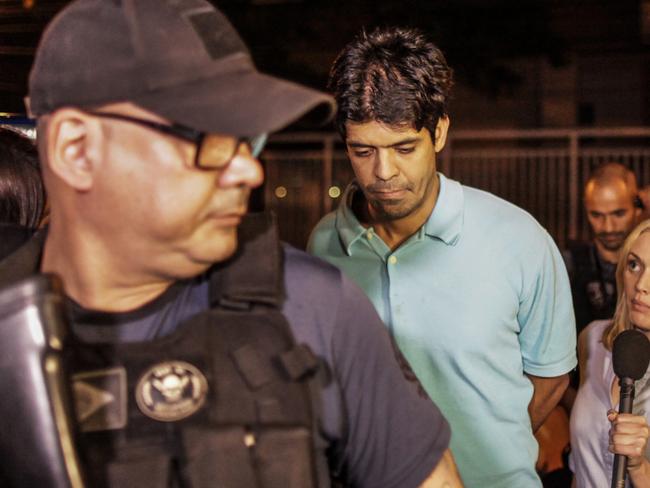
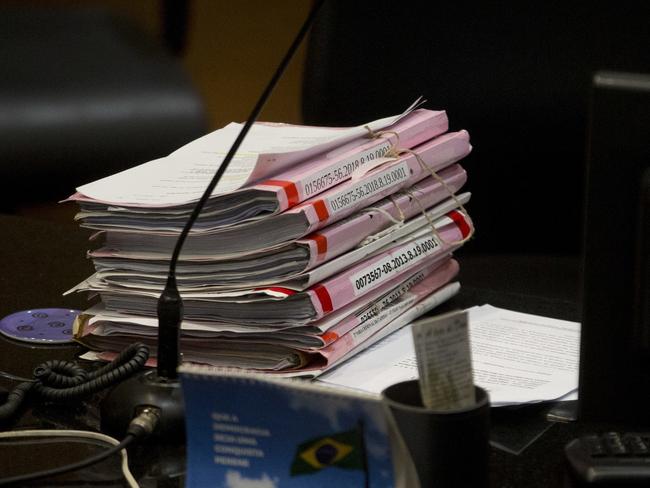
According to Dr Cardoso, Santoro then travelled in a Uber to Sydney Airport to try to leave the country, but on the way he stopped at Sydney’s Gladesville Bridge and threw away the keys to Ms Haddad’s car out the window.
The Uber driver told police about this, who then conducted a search with divers and found the keys, Dr Cardoso said.
The court also heard Santoro allegedly tormented Ms Haddad’s mother and friends in the days after her murder - sending online messages from her phone, pretending to be her.
One message on messaging platform WhatsApp to her mother Milu read: “My sweet Milu, my Whatsapp isn’t good. I went to the shopping mall to have a massage.”
The message said that she “hadn’t come across Poca” - the nickname Santoro was known by - and informed her that she was “going to the mountains”.
According to Dr Cardoso, Ms Haddad’s mother became suspicious at the way the message was written, using words and phrases her daughter normally didn’t use.
He is also believed to have sent a message to one of Ms Haddad’s Australian friends, but according to her stepmother Andreia Haddad, who also testified, “the English was so bad she took it straight to the police. Cecilia had been in the country for years, her English was perfect.”
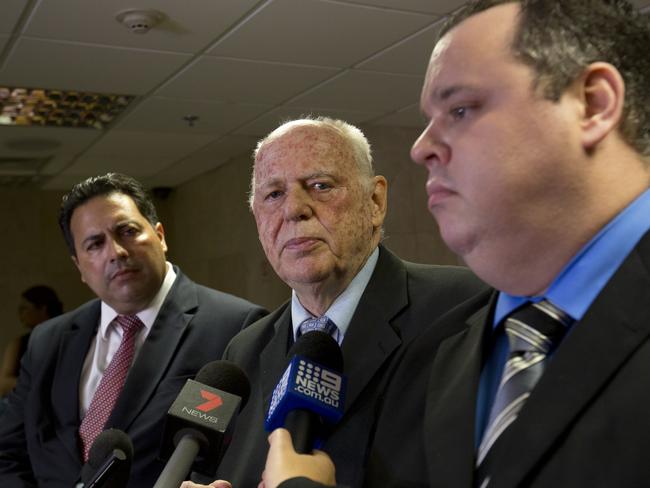
Lawyers for Santoro questioned where Ms Haddad’s phone had gone, and he tried to blame her stepmother, Andrea, for the messages to ‘Milu’, asking whether she was responsible for them.
It was not clear from court proceedings if the phone is now part of the police brief of evidence.
Dr Cardoso said Santoro spent four days with officers after his arrest and “never denied being the author of the crime” during interviews.
“He was very incensed by Cecilia’s growing separation from him. When the subject turned to whether she had another man, he got angry shouting ‘I don’t believe it, I don’t believe it’,” Dr Cardoso told the court.
“He said he had even turned to spiritualism to try to understand why she didn’t want him anymore. Whenever the subject turned to Cecilia he became altered and would start sobbing.
“During the four days he was at the homicide police station he never denied being the author of the crime,” Dr Cardoso said.
When it was the turn of Ms Haddad’s family to testify Santoro was taken away.
The court also heard Santoro has been targeted by other inmates in jail and suffered broken ribs in a beating.
His lawyers argued that he was unsafe in custody, and too frightened of repercussions for reporting the assault he suffered to talk to authorities.

Ms Haddad’s body was found floating in Sydney’s Lane Cove river on April 29, the same weekend Santoro, her former lover, brought forward his travel plans to return to Brazil.
Police allege Santoro returned to his home country after murdering Ms Haddad because he believed that Brazil’s constitution would forbid the extradition of citizens, and therefore Australian police could not catch him.
However, Brazil authorities plan to try him for the crime in Rio, with assistance from NSW homicide detectives.
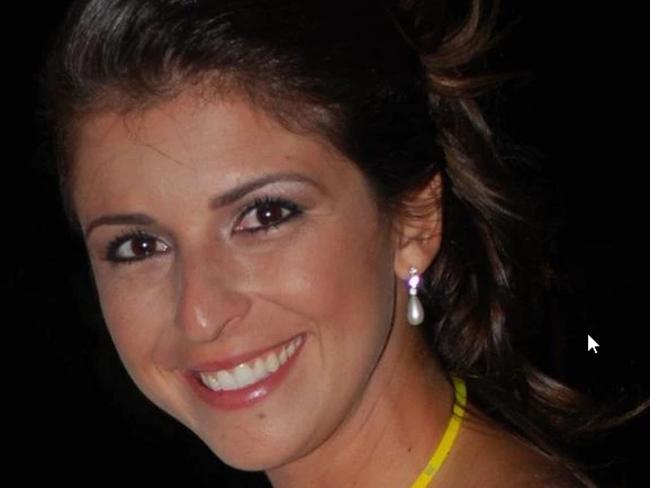
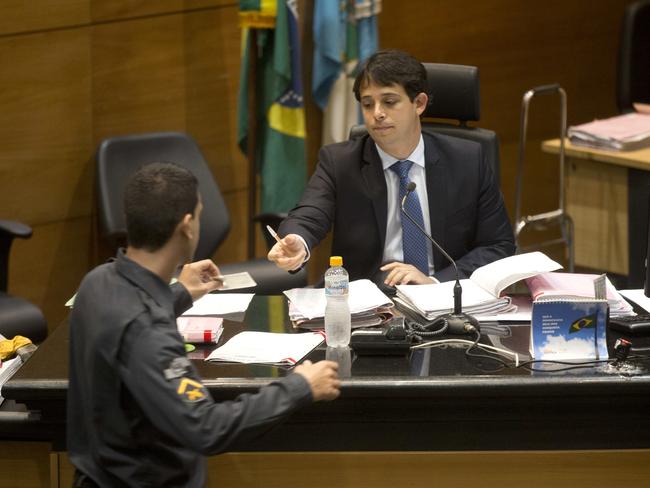
The Rio-born engineer “committed the crime in a foreign country and came looking for refuge and impunity in Brazil, knowing that he could not be extradited, and so would avoid the actions of Australian justice,” according to the arrest warrant issued in July.
The document alleges that Santoro strangled Ms Haddad to death because “he could not accept the end of their relationship” before trying to hide her body.
Rio de Janeiro judge Daniel Werneck Cota will preside over the first hearing of the case.
Santoro has been awaiting trial at the Bangu 8 prison in west Rio, where many former politicians and businessmen caught up in Brazil’s ‘Car Wash’ corruption investigation are being held.
Originally published as Cecila Haddad murder accused allegedly tormented her mother after her death
